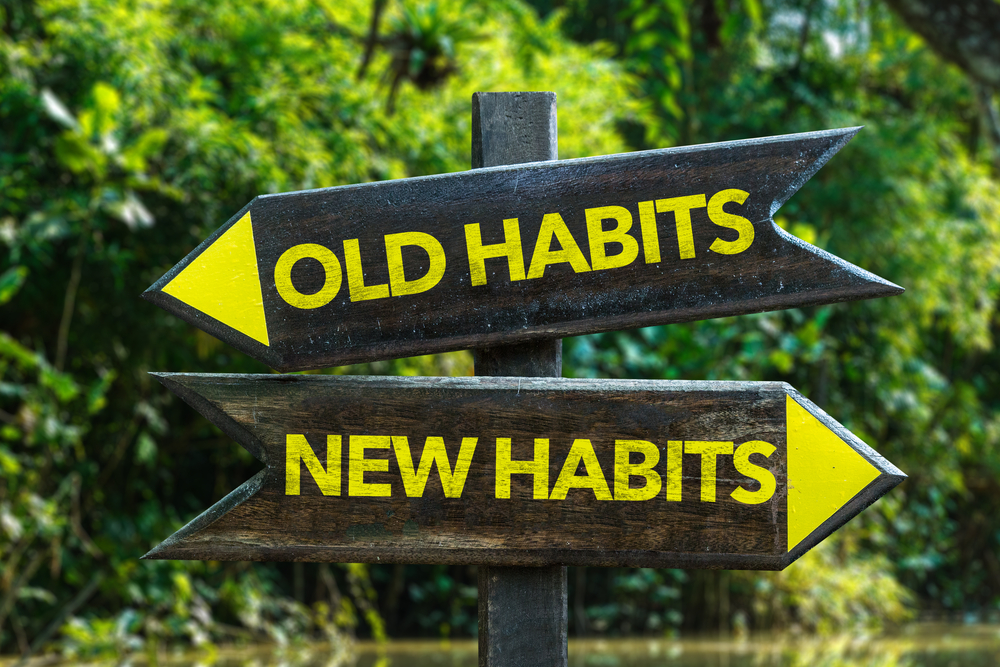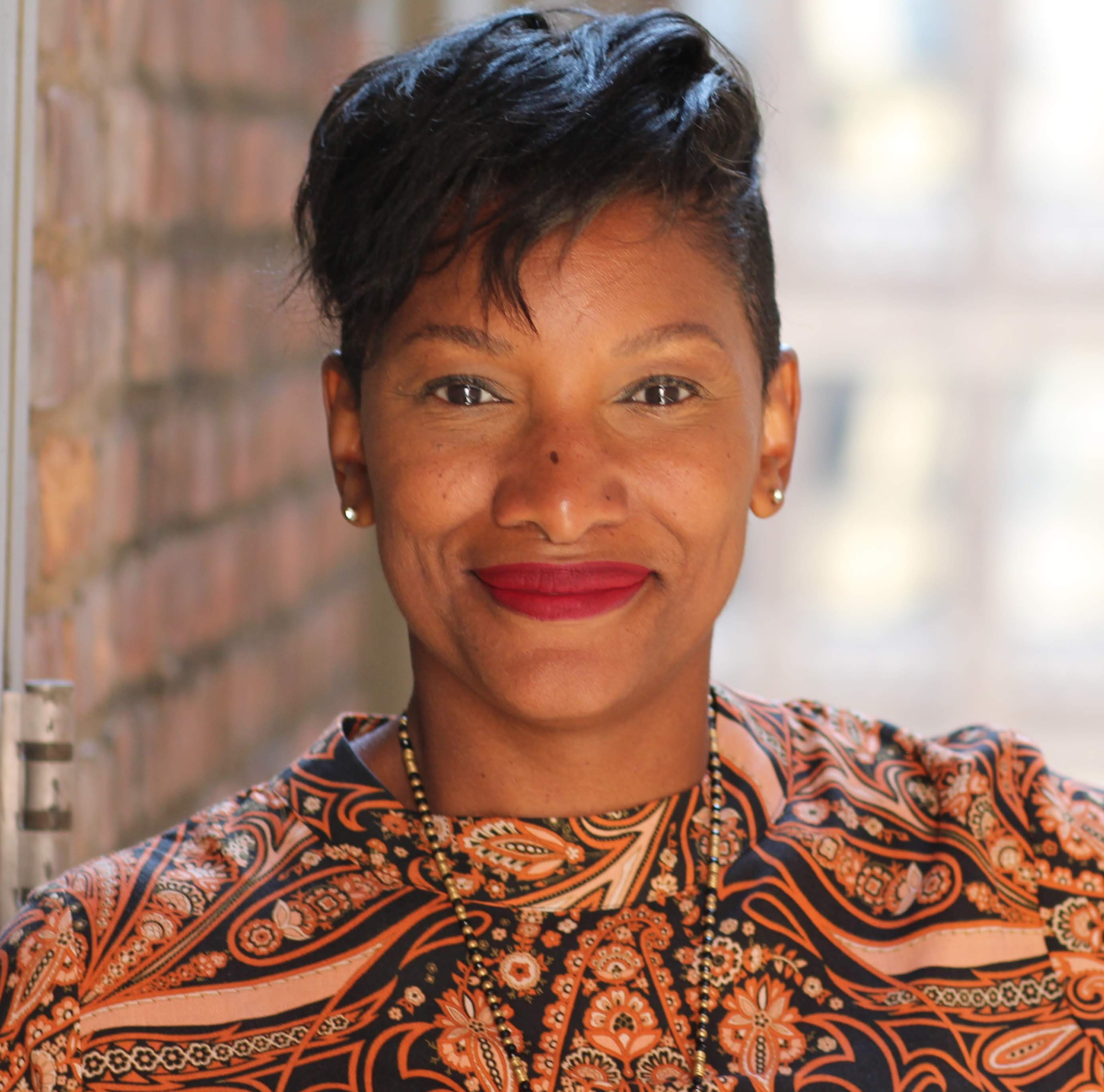One of the most important leadership qualities to nurture, particularly from a Social Emotional Intelligence point of view, is effective communication. Effective communication can be easy to cultivate when you are simply transmitting information to your team, or when you are alignment with those with whom you are communicating.
But what happens when there is disagreement, or discord?
In this three part series, we have been digging deeply into the topic of discord, and exploring how—through mindfulness techniques originated from Buddhist practices—discord can not only be healthy, it can also be a vital part of growth and productivity. And in the previous two posts, we defined discord and some of the reasons why we struggle with it.
Here in our final article in this series, we will offer strategies for engaging in Healthy Discord and understand the productive outcomes that can occur when we actively put this into practice in our lives.
Part Three… Mindful Meditation As A Way To Engage In Healthy Discord
As we have discovered, healthy discord is sometimes difficult to achieve; however, studies showed that mindfulness meditation helped in moments of stress while uncomfortable disagreements took place.
There is research on Buddhist monks who practice mindfulness meditation, revealing how our brain reacts to such practices. MRI brain scans of meditating monks showed parts of the brain that lit up when meditating occurred. The dorsomedial prefrontal cortex (which is a mouthful) is generally referred to as the “Me Center” of the brain. It’s the part of our brain that reacts emotionally to perceived infringements to personal safety. The “Me Center” relaxed more when looked at through the MRI brain scan as monks meditated. The lateral prefrontal cortex is referred to as the “Assessment Center”. It’s the part of our brain that rationalizes threats and puts things into perspective. This part of the brain of meditating monks lit up under the MRI brain scans. The connection between the Me Center and the Assessment Center is relatively weak; hence, the "Me Center" is subject to running the show more often than we would like. However, the MRI scans revealed a stronger connection made between the "Assessment Center" and the "Me Center," which led scientists to believe that mindfulness meditation helped to quell anxiety and allow one to make a more deliberate, relaxed and rational response when faced with adversity.
What was found from these studies was that mindfulness meditation was able to help in regulating emotions when necessary, thus opening us up to deeper conversation when engaged in disagreements.
What we hope to do as mindfulness practitioners is to make wiser decisions rooted in neutrality instead of self-bias. We do this so that we may be open to deeper collaborations, better solutions, and unimaginable ideas. When we take a neutral stance, we’re able to see our ideas in the pot with all ideas that come to the table and we can honestly rumble with all ideas equally, not just stick to the ones we put in the pot.
When engaged in discord, I try to take a beat and ask myself a few questions about my icky feelings and assumptions that I’m making about the conflict. I invite you to think about these questions in an effort to create awareness in times of your own icky discord:
- What am I holding onto?
- Do I want to be right or do I want my view to be taken as the truth?
- What is this feeling that I’m feeling? Is it hurt, anger, sadness?
- What is the root of this feeling?
- Does this have anything to do with this person in front of me or is this person a representation or reminder of a deeper gripe elsewhere?
- Am I really honest with myself?
- What is my true agenda here?
- Is there something here that we both do agree on? If we can agree here this exchange can’t be as bad as I’m making it out to be.
- What assumptions am I making? Have I made up a story about this other person that’s not even true?
After looking at these questions, I will often look at the situation in a whole new light. I invite you to take a look back at a disagreement you may have had in the past week. What was true in that moment? How can you learn from the past you created a sharper future when it comes to conflict?
Think about how you can use a mindful meditation practice to relax into healthier discord.
**
For more conversations about leadership, please join us for one of our upcoming free virtual webinars. See the calendar and register here: https://www.tlpnyc.com/free-workshops




Comments [0]
Click here to read/write comments